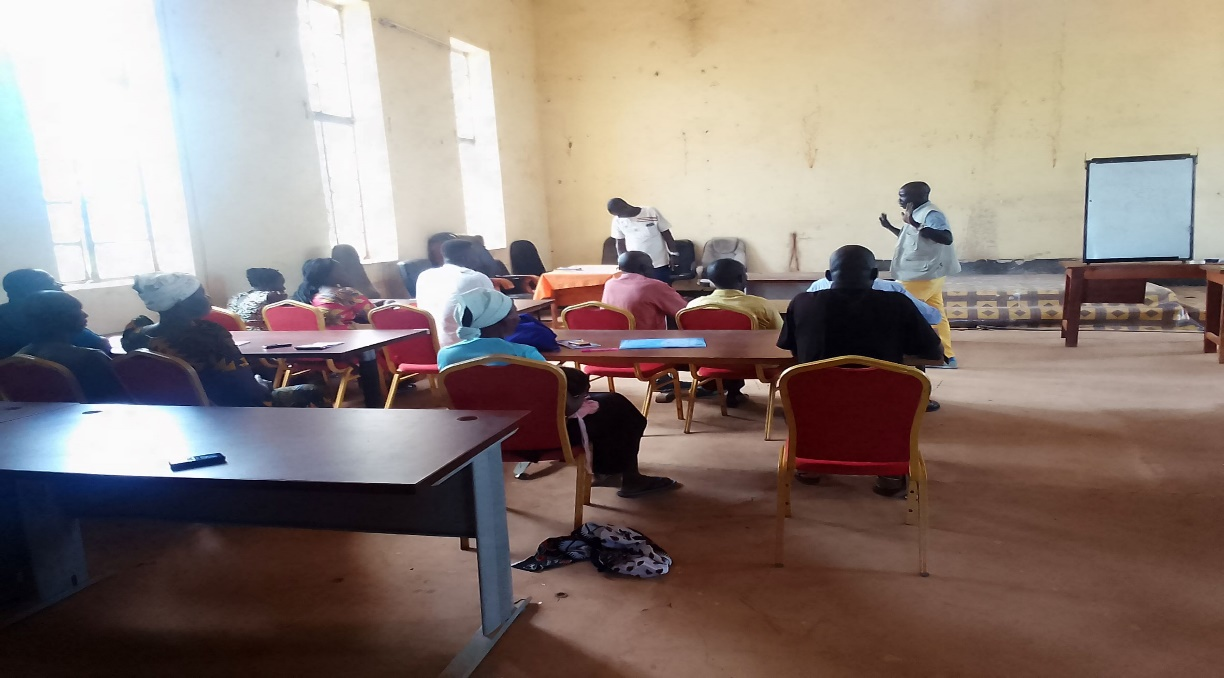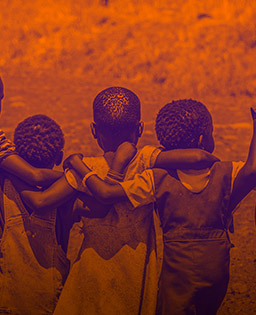
A facilitator from the Community Aid for Relief and Development (CARD) organization taking participants through a session on conflict sensitivity in Tambura County of Western Equatoria State. Photo Credit: CARD
Western Equatoria State is recovering from a deadly wave of inter-communal violence that broke out early last year between the predominant Zande Ethnic group and the Balanda from which the current state governor hails. What started as a political disagreement between individual politicians from the state soon turned into an inter-ethnic conflict between the Zande and Balanda in Tambura County of WES. There were early warning signs before the conflict started but this escaped the attention of authorities due to the lack of conflict sensitivity amongst the state leadership and response institutions such as the police, local chiefs, and faith-based leader, making the conflict inevitable in the end. As a result of this challenge, South Sudan CEWERU through its early warning system with support from the Rapid Response Fund of IGAD’s Conflict Early Warning and Early Response Mechanism (CEWARN) is putting in place mechanisms to sensitize community leaders in WES to avoid a repeat of the 2021 violence.
Community Aid for Relief and Development (CARD), a national peace partner of the South Sudan Peace and Reconciliation Commission (SSPRC) is implementing the conflict sensitivity training project in WES with community leaders through the RRF. The projects aim to strengthen the capacity of local community leaders and response institutions to be conflict-sensitive and understand the conflict early warning signs for timely conflict early response. Through the RRF, CARD conducted community engagement and sensitization training in Yambio from the 4th to the 6th of September 2022 with 47 participants and Tambura 36 participants from 8-9th September 2022. The training equipped the local authorities, staff of the South Sudan Relief and Rehabilitation Commission of Tambura and at that the State Ministry of peace commission, Civil society Organizations, and the Protection Cluster on conflict sensitivity and conflict early warning and early response.
The conflict sensitivity raining targeted members of the local county Peace Committee comprising members from response institutions such as the police, army, area chiefs, women leaders, youth leaders, Relief and Rehabilitation Commission (RRC), faith-based groups, and the traditional chiefs. The training is aimed at strengthening the early warning system in Tambura County. The training brought a total number drawn from different payams majority from the center of Tambura County.
Participants were receptive to the training and committed to the implementation of lessons learned. The participants have agreed to work together on peacebuilding, deepen their relationships as response agents and build trust between government organizations and communities. The community engagements also ensured proper coordination between stakeholders, peace committees and community leaders, and other partners on the ground. the implementation of the project will pave way for community goodwill in participating in the peace activities such as reporting conflict early warning signs, hence encouraging peaceful coexistence.
“As a result of this training, we will be able to mitigate the occurrences of incidences and minimize violence without being biased”
Aninyesi Susan
A representative of Women in Tambur County and a member of the County Peace Committee commented after the training.
The training also covered topics such as Understanding the conflicts and early warning responses mechanism Conflict mapping and Analysis, Roles and functions of peace committees, gender inclusion, and analysis, Community Mobilization for peace, dialogue and Reconciliation, Conflicts Management strategies, skills and styles, GBV prevention and response in early warning, community response mechanisms, Uses and abuse of powers, etc. The training was participatory that is the Participants participated and contributed their views during the training seasons, organized a group presentation where the participants organized (4) four groups, and each group is given Questions to present during the training discussion.
The next steps in the project include training the peace committee members on peace-building, management, conflict resolution, and reconciliation to address the aftermaths of conflicts for sustainable long-term solutions to conflicts in the state.


